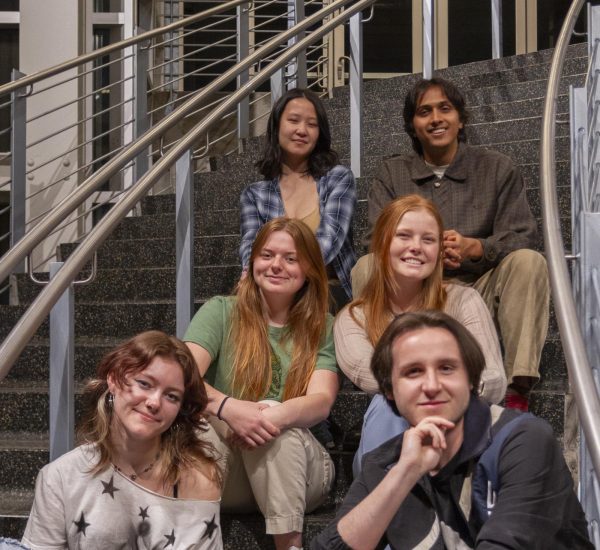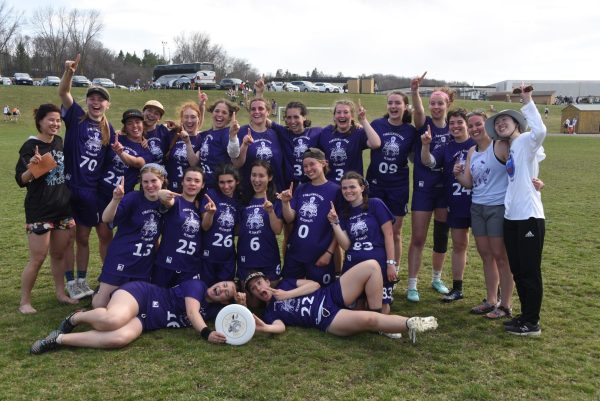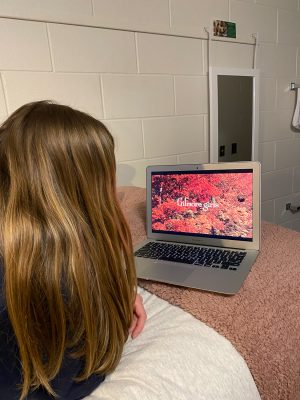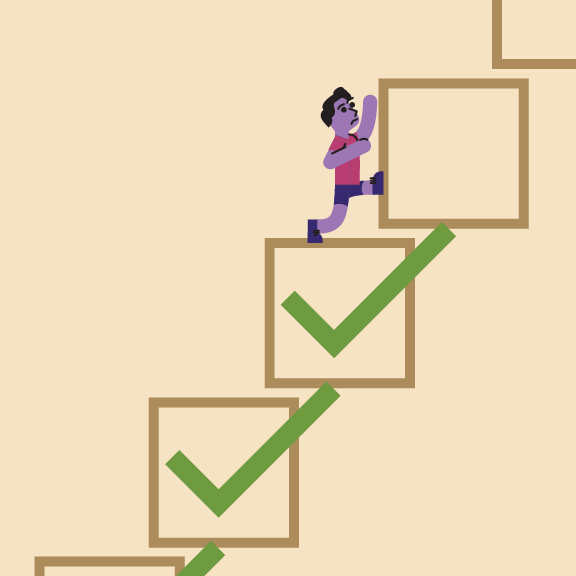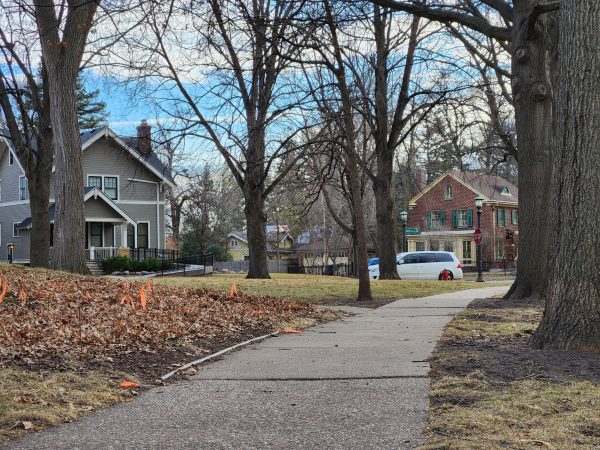Nobel Prize: Prizing peace and individuality

October 13, 2022
It’s that time of the year when we celebrate winners of the world renowned Nobel Prizes. They will prize winners, with about a million dollars, from five categories: Physics, Chemistry, Physiology/Medicine, Economics, Literature and Peace.
I have always been fascinated by the ideals of such a prize and how it has cultivated interest in science and innovation. I am in awe of its success at promoting a culture of excellence throughout the world and letting these ideas be shared across cultures.
It has been 121 years since the first prizes were awarded, and a lot has evolved since then – the prizes have been slow to reflect that. When the Nobel Prize was created, they had a rule that it could not be revoked. They also had it originally to award a sole person, but over the years this number has increased to up to three people being able to share a winning prize. The Prize has grown to be contentious because of winners who have depicted the opposite of these prizes’ ideals, and others whose work has not been recognized.
The Peace Prize category has seen the most ironic wins in recent history. I remember sitting with friends in Cafe Mac my freshman year talking about Ethiopian Prime Minister Abiy Ahmed Ali winning the Nobel Peace Prize. He won the prize “for his efforts to achieve peace and international cooperation, and in particular for his decisive initiative to resolve the border conflict with neighboring Eritrea.” He was cited for granting amnesty to political prisoners and abolishing press censorship. I remember how social media was abuzz with an African leader being exemplary to the continent. I also remember the shock of my friends from Ethiopia. One of them told me how he was responsible for the opposite of promoting peace. I can tell you the world had no clue of the crimes against humanity he was setting in motion. I remember how we all hailed the idea of peace being brought by a piece of paper he had signed. In fact, you can look through Twitter for the hashtag #OmnaTigray to see how Abiy Ahmed leads crimes against humanity.
To bring everyone up to speed, Abiy Ahmed Ali is leading a war against the “Tigray regional government” in northern Ethiopia with the help of Eritrean military forces. Since Nov. 2020, over 500,000 civilians have been killed and over 2 million, in a region of 7 million, have been displaced. This is a Nobel PEACE Laureate!
He is not the first Peace laureate that has shocked citizens. Growing up, we heard about apartheid President of South Africa, F.W. De Klerk, receiving a peace prize jointly with Nelson Mandela. He received it for facilitating the transition to a democratic South Africa and releasing Nelson Mandela from prison. I can only urge you to talk to South Africans who lived through this period to tell you their thoughts about it, or to look through Twitter hashtags like #FWDeKlerk. His intentions are in paper by Nelson Mandela himself in his book Long Walk to Freedom. You can look through the Economic Freedom Fighters (EFF) of South Africa’s pages to see their battles against De Klerk until his death in 2021. You can google how De Klerk said apartheid was not a crime against humanity — a whole laureate and PEACEMAKER according to everyone else outside South Africa.
Imagine how him holding a Peace Prize sanitizes his image in the international arena? Imagine how hard it must be to convince someone who does not live on the ground in Tigray that Abiy Ahmed is responsible for crimes against humanity if on the outside they witness him holding a prestigious prize — a PEACE prize for that matter. If anything, this makes me reflect on the famous Goerge Orwell’s 1984 :
“WAR IS PEACE, FREEDOM IS SLAVERY, IGNORANCE IS STRENGTH.”
Abiy Ahmed is reading straight from this script.
Getting a prosecution case internationally is already difficult with ordinary dictators like that of my home country, Eswatini, who have zero peace prizes but live on a lie spread that we are the most peaceful country in the world. Imagine how much worse it is for Ethiopia because the international community has given out a prize to Abiy Ahmed.
I long for a time when we are able to revoke such prizes for people who do the opposite of what they stand for. With time, the Nobel Prize will lose its prestige if they refuse to accommodate changing times and live by an old rule of not being able to revoke prizes.
I could go on to other categories, stating how the Nobel Prize prizes individuality over collaborations. About how peace is hard to achieve if we continue to see individuals as responsible for it instead of everyone involved – yes, they do award it to organizations, but we have more than that in the peace process. I could go on to other science categories and how they prize individuals when science is a collaborative process, how they have in their history awarded these prizes to only a handful of women.
These are all elements that could be improved, if only the Nobel Committee decided to adapt to change and provide a mechanism for checks and balances on people commiting crimes against humanity. How much of a statement could they make if they revoked Abiy Ahmed’s prize?
I hope in the midst of celebrating this year’s winners, we reflect on the impacts of these prizes, continue to engage in discussions and hopefully it gets to the right ears to choose change over prizing peace and individuality.
Please continue to read about what is happening outside of Macalester (in Tigray, in Eswatini and MANY other places where students in our community hail from), allow yourself some learning beyond the classroom. After all, knowledge is resistance!



